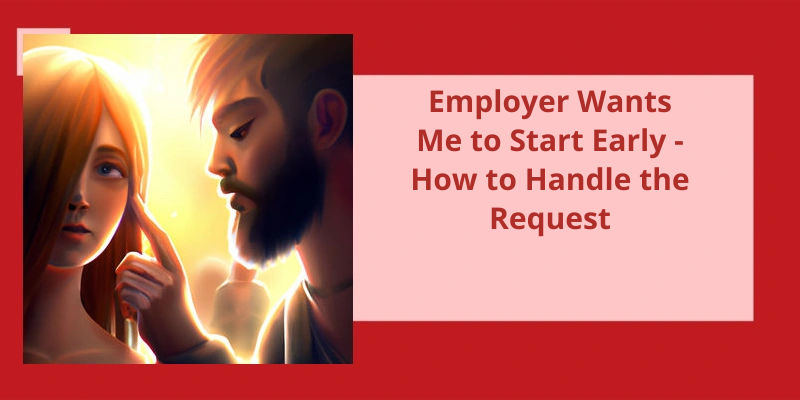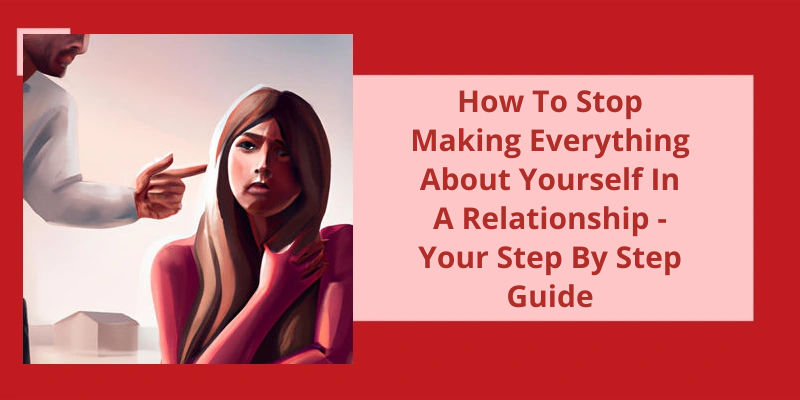In today's fast-paced world, waiting can be a frustrating and time-consuming experience. Whether you're waiting for a response to an important email or a phone call from a potential client, the anticipation can be overwhelming. However, it's important to remember that patience is a virtue, especially in the business world. While it may be tempting to constantly follow up with your contacts, there are alternative phrases you can use to express your eagerness without coming off as pushy or aggressive. By using phrases such as "I'm eagerly awaiting your response" or "Your prompt response would be appreciated," you can convey your excitement while also maintaining a professional and respectful tone. So don't let waiting get the best of you – use these business-friendly alternatives and always remember to include a call-to-action to encourage faster communication.
How Do You Say We Are Waiting for You?
When expressing the idea of waiting for someone, it’s important to choose the right words to convey your message accurately. Saying “we are waiting for you” is a common way of expressing this sentiment. This phrase can be used in numerous contexts such as waiting for a friend to arrive, waiting for someone to complete a task, or waiting for someone to respond to a message.
In some situations, the use of more formal language may be appropriate, such as saying “we eagerly anticipate your arrival” or “we are delighted to await your response.”
It’s worth noting that the correct way to express this idea is either through “waiting for you” or “awaiting you.”. While both phrases are used interchangeably, there’s a subtle difference in meaning. “Waiting” is an intransitive verb and can’t take an object, so it’s incorrect to say “I’m waiting you.”. In contrast, “awaiting” is transitive, and can take an object, so it’s grammatically correct to say “I’m awaiting your response.”
In business or professional settings, “awaiting” may be a more appropriate choice to convey the formality or urgency of the situation. This phrase is often used in official correspondence or formal requests such as, “we are awaiting your signature on the contract” or “please follow up as soon as possible as we’re awaiting your response.”
Whatever the situation, communicating effectively and accurately will help ensure a smooth and efficient process.
Alternative Phrases for Expressing Waiting for Someone, Such as “We Look Forward to Your Arrival” or “We Are Excitedly Anticipating Your Response”
- We can’t wait to see you!
- We’re eagerly awaiting your arrival.
- We’re counting down the minutes until you’re here.
- We’re excitedly anticipating your response.
- We’re looking forward to hearing from you.
- We’re expecting you with enthusiasm.
- Your arrival can’t come soon enough.
- We’re itching to see you again.
- We’re patiently waiting for your arrival.
- We can hardly wait to hear back from you.
Being able to effectively communicate the need for someone to wait is a valuable skill in any situation, whether it be in a professional setting or in a social interaction. Instead of simply saying “wait,” there are various English phrases that can be used to communicate the message more politely and effectively. Here are 10 useful phrases to help you tell someone to wait.
How Do You Tell Someone You Are Waiting?
Waiting is an essential part of life, and we all have to go through it at some point or another. When it comes to telling someone you’re waiting, it can be a bit tricky. You don’t want to come across as rude or impatient, but you also don’t want to be left waiting indefinitely. Luckily, there are a few phrases you can use to express your need to wait without offending anyone.
One of the most common phrases used to tell someone you’re waiting is “Could you give me a minute?”. This phrase is simple and direct, and it lets the other person know that you need some time to think or do something else before you can attend to their needs. It’s a polite way to put someone on hold without causing offense.
If you need to ask someone to wait for a moment while you attend to something else, you can say “Hang on a sec” or “Just a sec.”. These phrases are informal and are often used in casual conversations or when talking to friends. They convey a sense of urgency without being pushy.
When you need a bit more time to think or do something else before you can attend to the other person, you can say “Hold on… Let me see/think…” This phrase acknowledges that you’re aware of the other persons needs but need a moment to get your thoughts together before you can proceed.
If you’re in the middle of something and the other person needs your attention, you can say “Ill be right with you.”. This phrase lets the other person know that you’re aware of their presence but that you need to finish what you’re doing before you can attend to them.
If you’re working on a task that requires your full attention, you can say “Bear with me.”. This phrase acknowledges that the other person is waiting but that you need a bit more time to complete the task at hand.
When you simply can’t attend to the other persons needs at the moment, you can say “Thatll have to wait.”. This phrase is direct and lets the other person know that their needs are important but that they’ll have to wait for a bit before you can attend to them.
These phrases can help you communicate your needs without offending anyone, and they’re a great way to ensure that everyone gets the attention they need when they need it. So, the next time you need to put someone on hold, use one of these phrases and wait with ease.
How to Handle Situations When You Are Waiting for Too Long
If you find yourself waiting for too long, try to stay calm and be patient. You can use this time to catch up on some reading or other activities, or even strike up a conversation with someone nearby. It may also be helpful to inform the relevant party that you’ve been waiting for an extended period of time and inquire about the cause of the delay. However, it’s important to approach the situation with a polite and respectful attitude.
Conclusion
Patience may be a virtue, but waiting for a reply can be a stressful experience. Fortunately, there are plenty of business-friendly alternatives you can use to nudge your recipient without coming across as pushy. Don't forget to thank the recipient for their timely response and include a call-to-action, such as "I hope to hear from you soon." With these approaches, you can encourage prompt communication while maintaining a professional tone that respects the recipient's time and priorities.






